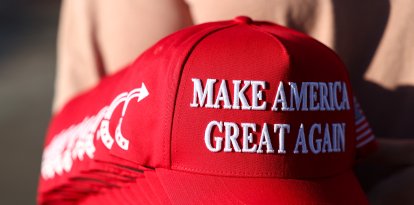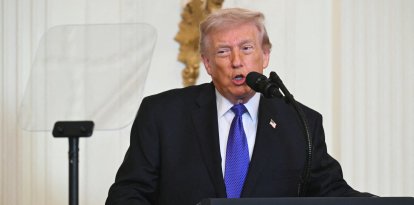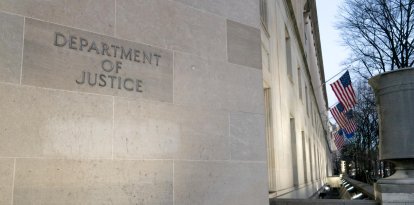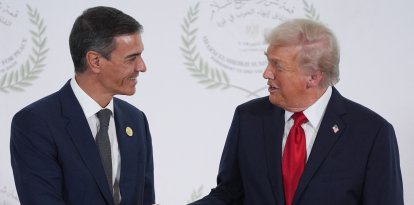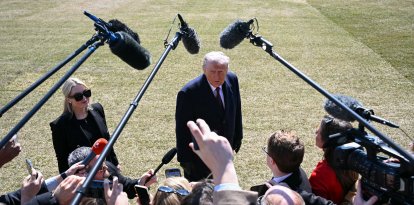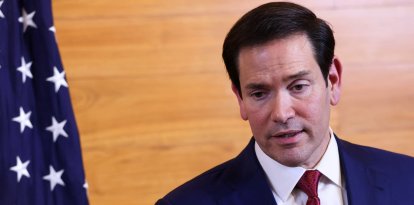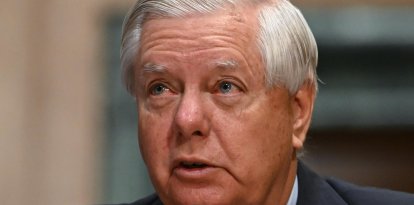January 6 case: Court rules that Donald Trump does not have presidential immunity, although he will appeal
The Republican candidate's campaign team believes that not guaranteeing this priviledge will create a precedent that could harm future leaders.

Donald Trump (Cordon Press)
The United States Court of Appeals for the District of Columbia Circuit determined that Donald Trump does not have presidential immunity to avoid prosecution for the incidents that occurred at the Capitol on January 6, 2021. The former president has tried to rely on this immunity on several occasions, but, once again, the courts have rejected his claim.
The Republican candidate for the November elections always claimed that all presidents have presidential immunity and that it would serve to stop any legal procedure to which they are subjected unless they are first prosecuted by Congress. The United States Court of Appeals for the District of Columbia Circuit unanimously rejected Trump's appeal.
"For the purpose of this criminal case, former President Trump has become citizen Trump, with all of the defenses of any other criminal defendant," the panel ruled. "But any executive immunity that may have protected him while he served as president no longer protects him against this prosecution."
Trump will appeal
The former president will still try to avoid being prosecuted and convicted for the January 6 case. In statements to AFP, Steven Cheung, advisor to the Republican candidate, stated that they will continue to appeal until Trump's presidential immunity is granted. "If immunity is not granted to a President, every future President who leaves office will be immediately indicted by the opposing party," he said.
Trump's lawyers are under the same impression. They pointed out that "under our system of separation of powers, the judiciary cannot judge the official acts of a president."














